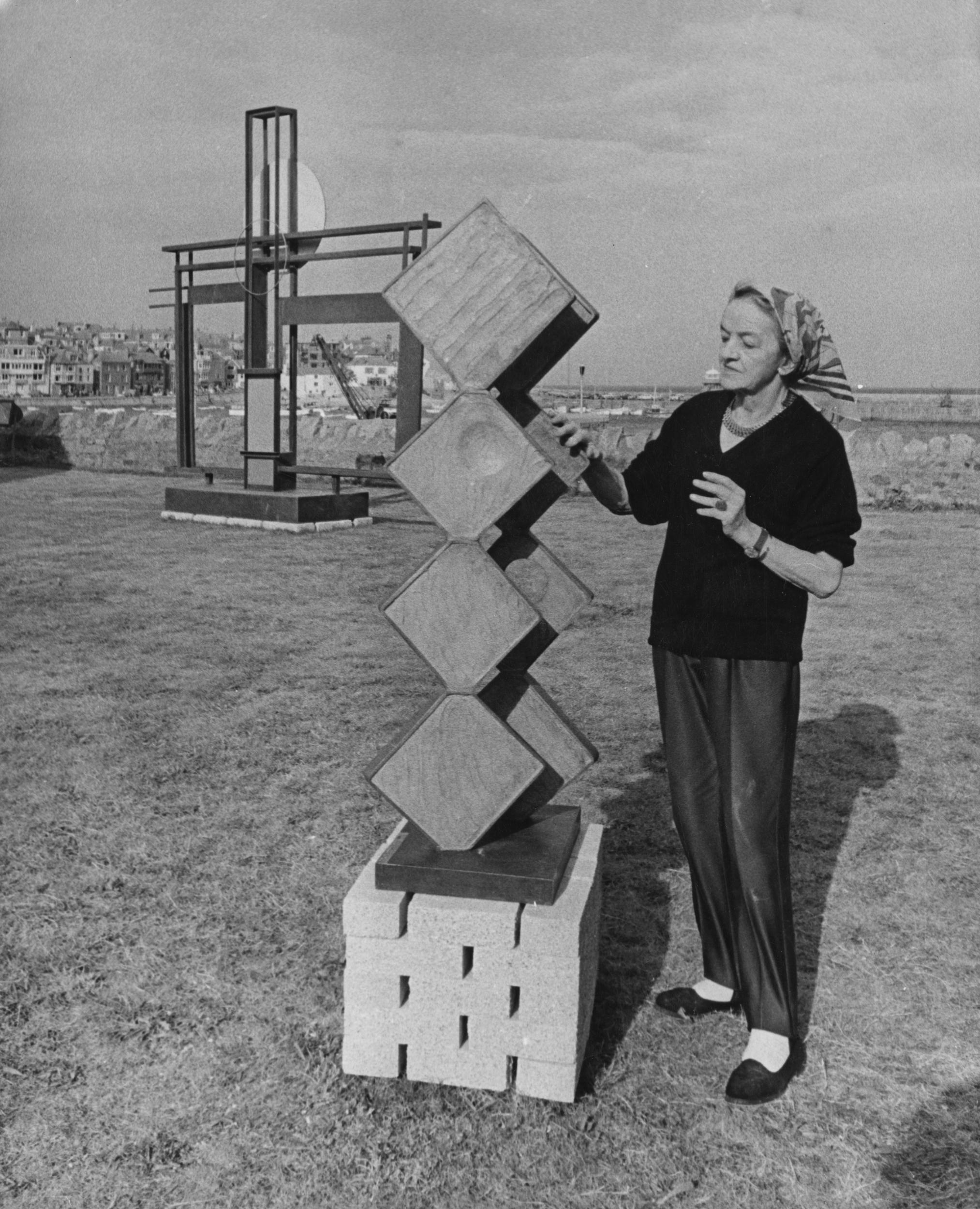Barbara Hepworth: Google Doodle celebrates influential English abstract sculptor
Artist’s sculpture garden is located in St Ives, Cornwall
Your support helps us to tell the story
From reproductive rights to climate change to Big Tech, The Independent is on the ground when the story is developing. Whether it's investigating the financials of Elon Musk's pro-Trump PAC or producing our latest documentary, 'The A Word', which shines a light on the American women fighting for reproductive rights, we know how important it is to parse out the facts from the messaging.
At such a critical moment in US history, we need reporters on the ground. Your donation allows us to keep sending journalists to speak to both sides of the story.
The Independent is trusted by Americans across the entire political spectrum. And unlike many other quality news outlets, we choose not to lock Americans out of our reporting and analysis with paywalls. We believe quality journalism should be available to everyone, paid for by those who can afford it.
Your support makes all the difference.Barbara Hepworth, an influential English sculptor whose work remains preserved in St Ives, Cornwall, is being celebrated, 45 years after her death.
Hepworth’s work is the subject of a special Google Doodle going live on 25 August, which depicts her carving out one of her abstract works.
The artist, born in Wakefield, Yorkshire, produced some of the earliest abstract sculptures in England, according to the Encyclopedia Britannica.
She studied at the Leeds school of Art in the early 1920s before enrolling at the Royal College of Art.
Her earlier works featured classic, naturalistic elements, but over time moved towards more abstract shapes.

“Though concerned with form and abstraction, Hepworth’s art was primarily about relationships: not merely between two forms presented side-by-side, but between the human figure and the landscape, colour and texture, and most importantly between people at an individual and social level,” notes the Tate, which operates Hepworth’s museum and sculpture garden in St Ives.
Hepworth lived and worked in St Ives from 1949 to her death on 20 May 1975.
Among other achievements, the sculptor was awarded the first prize at the 1959 São Paulo Bienal.
She was made a Dame Commander of the Order of the British Empire six years later, in 1965.

Join our commenting forum
Join thought-provoking conversations, follow other Independent readers and see their replies
Comments